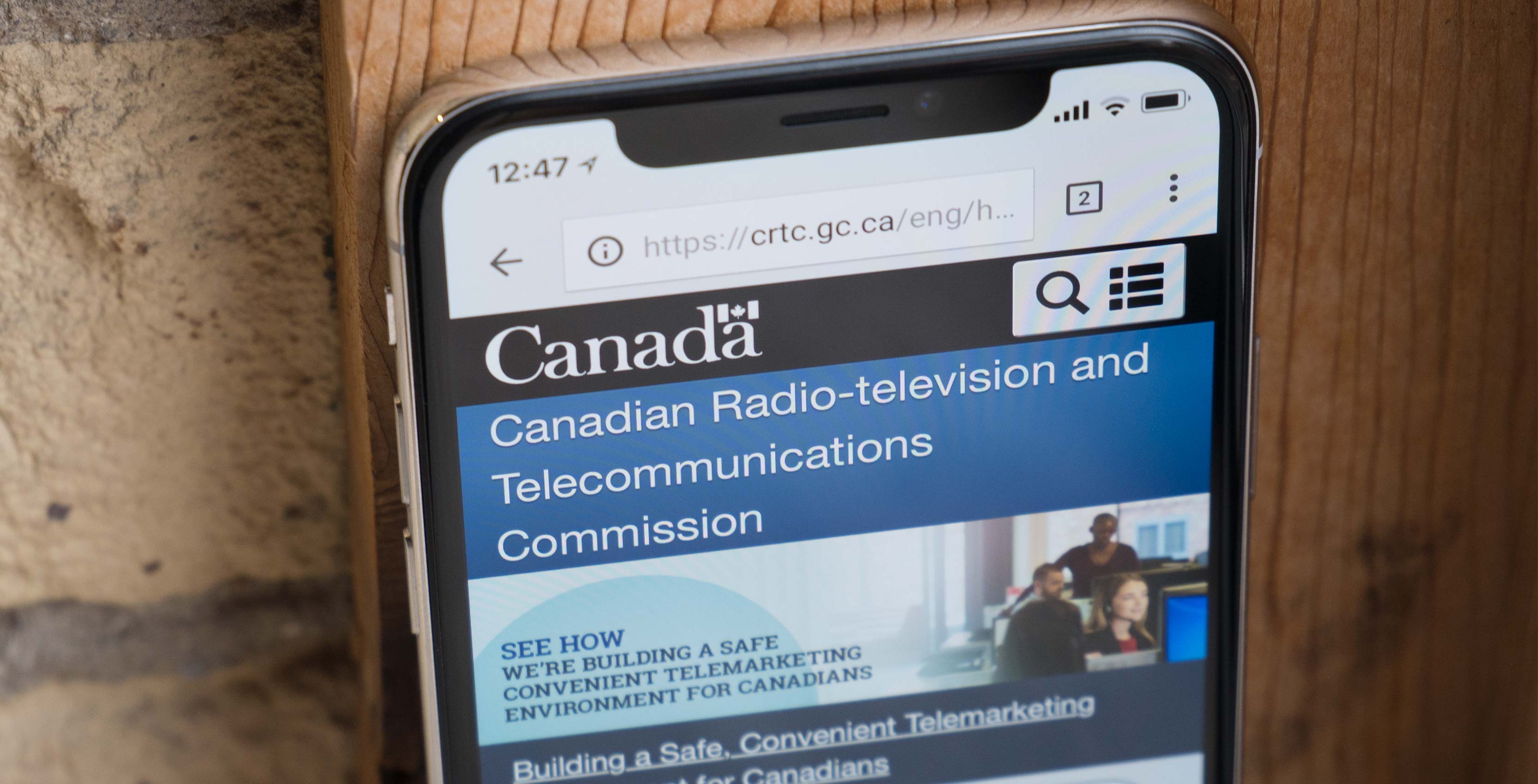
Canada’s telecom watchdog, the CRTC wants telecoms to implement universal call blocking for numbers that are “blatantly illegitimate.”
As per the CRTC, there are four circumstances in which a number can be classified as blatantly illegitimate:
- Numbers that match the number of the person being called
- Numbers spoofed to be local calls when they’re actually long-distance numbers
- Numbers that don’t conform to established numbering plans, like the North American Numbering Plan (NANP)
- Numbers that omit caller ID information
A November 16th, 2017, call for comments document outlines reasons why the latter two circumstances can be permitted. However, in the case of the former two circumstances, the CRTC wants Canada’s telephone service providers to find a way to block illegitimate numbers without interfering with legitimate phone calls.
Universal call blocking and the CRTC
The CRTC has already ruled that universal blocking is the “most effective and efficient solution to manage nuisance calls in cases where it is possible to accurately identify blatantly illegitimate caller ID spoofing.”
As a result, the commission called on industry working groups to find a way that network operators would be able to implement universal call blocking without interfering with proper phone numbers.
However, the CRTC Interconnection Steering Committee’s Network Working Group (NTWG) submitted a formal report on March 8th, 2017, effectively arguing that there isn’t a viable solution for the problem, but that “international standards organizations… are showing promise” in regards to a solution.
In response to the NTWG’s report, the CRTC made its position clear, countering that the commission maintains its earlier opinion that “universal blocking applied at the network level… would be an effective mechanism to reduce unwanted illegitimate calls from reaching telephone subscribers.”
“Further, the commission is prepared to take further regulatory measures if [telephone service providers] do not take adequate steps so that Canadians are protected from receiving blatantly illegitimate calls,” reads an excerpt from a November 16th, 2017 CRTC media release.
As such, stakeholders and other invested parties have until December 18th to submit their comments on how Canada’s telephone service providers can implement a way to block numbers that spoof local calls and numbers that match the number of the person being called.
Source: CRTC
MobileSyrup may earn a commission from purchases made via our links, which helps fund the journalism we provide free on our website. These links do not influence our editorial content. Support us here.


